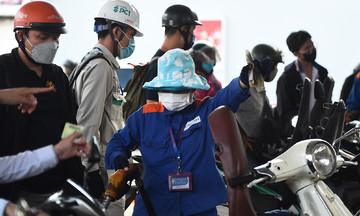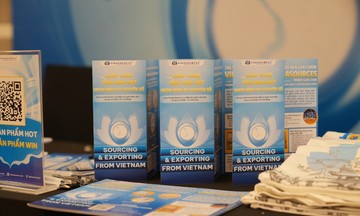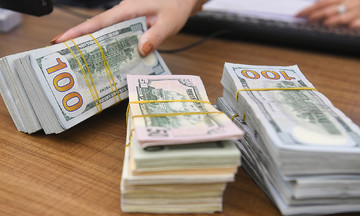Speaking to reporters before leaving Washington for Iowa, President Donald Trump said the US will begin sending letters to countries on July 4, notifying them of import tax rates on goods sold to the US. This marks a significant shift from the initial commitment to negotiate individual agreements.
Trump acknowledged the complexities of negotiating with over 170 countries. He stated that he would send letters to 10 countries at a time, outlining the applicable tax rates, ranging from 20% to 30%.
"We have over 170 countries. So how many deals can you make? It's much more complex," he explained.
Vietnam is currently one of the few countries that has reached a trade agreement with the US. Washington recently reached a small-scale agreement with the UK, agreed to a temporary import tax reduction with China, and is still negotiating with other partners such as the EU, India, and Japan.
Trump indicated that in addition to Vietnam, the US may announce a "few" more detailed agreements with other countries. However, he wants most economies to simply receive tax notices, bypassing the detailed negotiation phase.
 |
US President Donald Trump at the White House on 27/6. Photo: AP |
US President Donald Trump at the White House on 27/6. Photo: AP
These statements highlight the challenges in finalizing trade agreements, as the issues extend beyond taxes to include non-tariff barriers, such as agricultural import bans.
In April, senior Trump administration officials announced they would pursue "90 agreements in 90 days." This goal was met with skepticism by many trade experts, as such negotiations are typically lengthy and complex.
On 2/4, the US president announced reciprocal taxes on all trading partners, ranging from 10% to 50%. A week later, he announced a postponement of the higher taxes, temporarily applying only a 10% rate for 90 days to allow countries time to negotiate with the US.
Apart from the UK, many countries initially subject to the 10% tax have yet to negotiate with the US. This is a rate the Trump administration previously asserted was very low and would only apply to countries with balanced trade relations with the US.
Ha Thu (Reuters)












